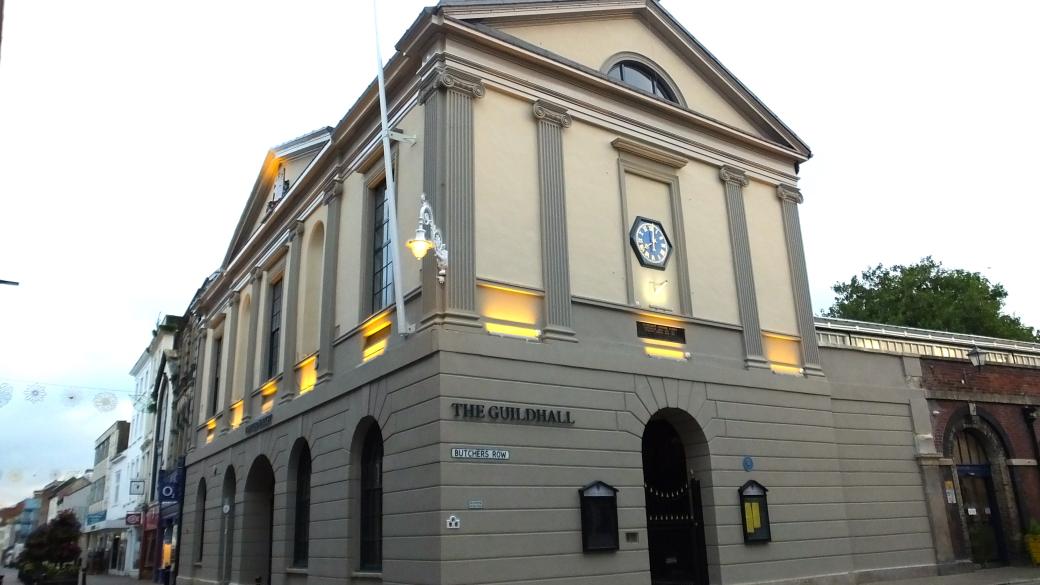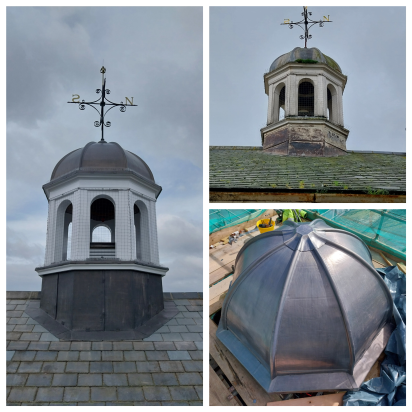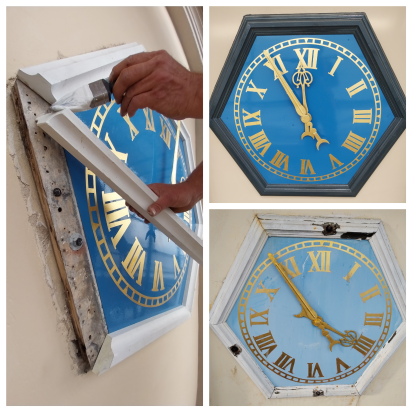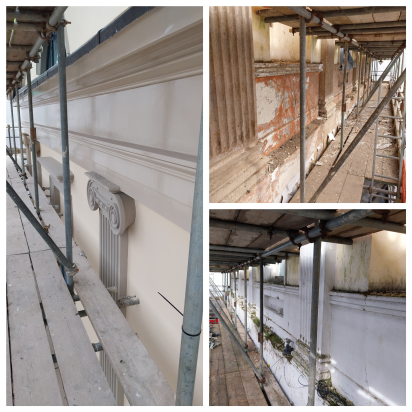Barnstaple's Guildhall was designed by local architect Thomas Lee and built between 1826 and 1828 in a neo-Classical style. Lee’s other buildings include the Wellington Monument in Somerset and Arlington Court.

A pre-1919 grade 2 star listed historic building
The project was able to proceed thanks to funding from Historic England via the Repair Grants for Heritage at Risk and the Government’s Future High Street Fund Programme via North Devon District Council.
The last major work on the building, in 2006, was the installation of a lift and other facilities to improve the accessibility of the Guildhall. The Mayor of Barnstaple, Councillor Janet Coates, said: “The Guildhall looks splendid. It was wonderful to have it restored to its former glory in time for the Fair Proclamation.”
As the Guildhall is a pre-1919 grade 2 star listed historic building there were always going to be challenges and this is where the partnership between the Town Council and Pearce Construction made a difference.
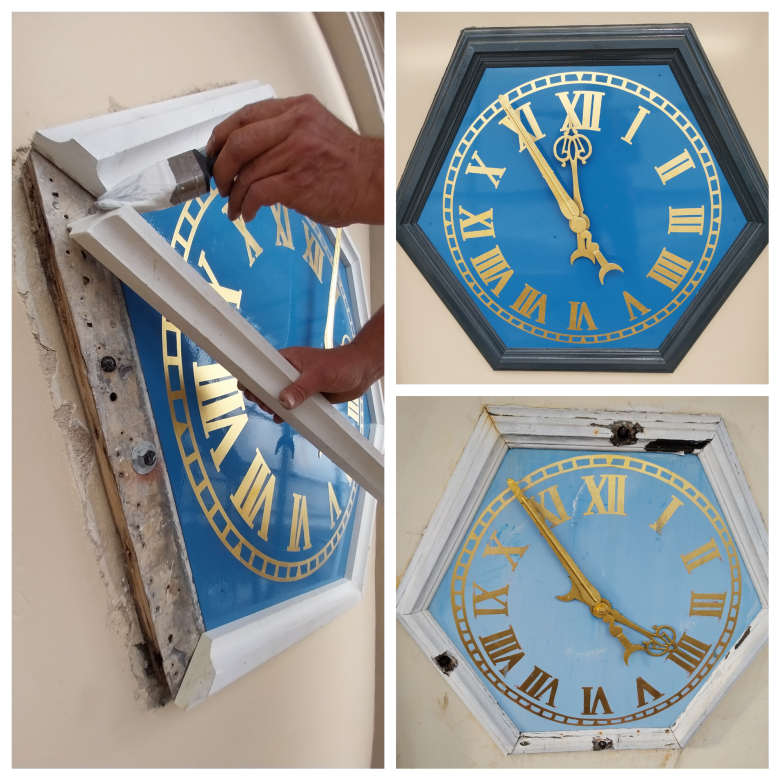
Maintaining the building's character
Extensive amounts of the render and three of the pillars had to be replaced, most of the lead to the roof, the cupola housing the bell, stonework to the plinth, window casements, the clock on the Butcher’s Row elevation had to be carefully renovated.
For this reason, guidance and support from Historic England and the local Conservation Officer Collette Hall meant that we were able to ensure that the character of the building was maintained whilst ensuring that the works will protect it against the ravages of the North Devon weather.
Future maintenance programmes are now being developed to ensure that the building is looked after and kept in what is the best condition externally that it has been in for decades.
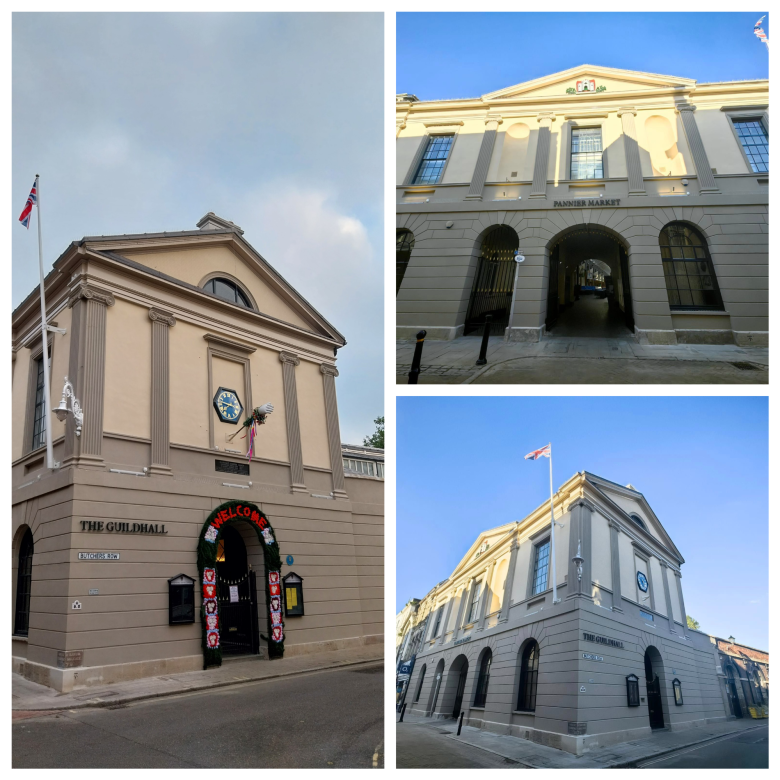
Local Heritage
The Guildhall was designed by local architect Thomas Lee and built between 1826 and 1828 in a neo-Classical style. Lee’s other buildings include the Wellington Monument in Somerset and Arlington Court.
The building, maintained by Barnstaple Town Council, was a former courthouse and is still used for Council meetings, and ceremonial events, such as the recent Fair Proclamation Ceremony, and remains a popular venue and visitor attraction through a varied programme of events and exhibitions.
